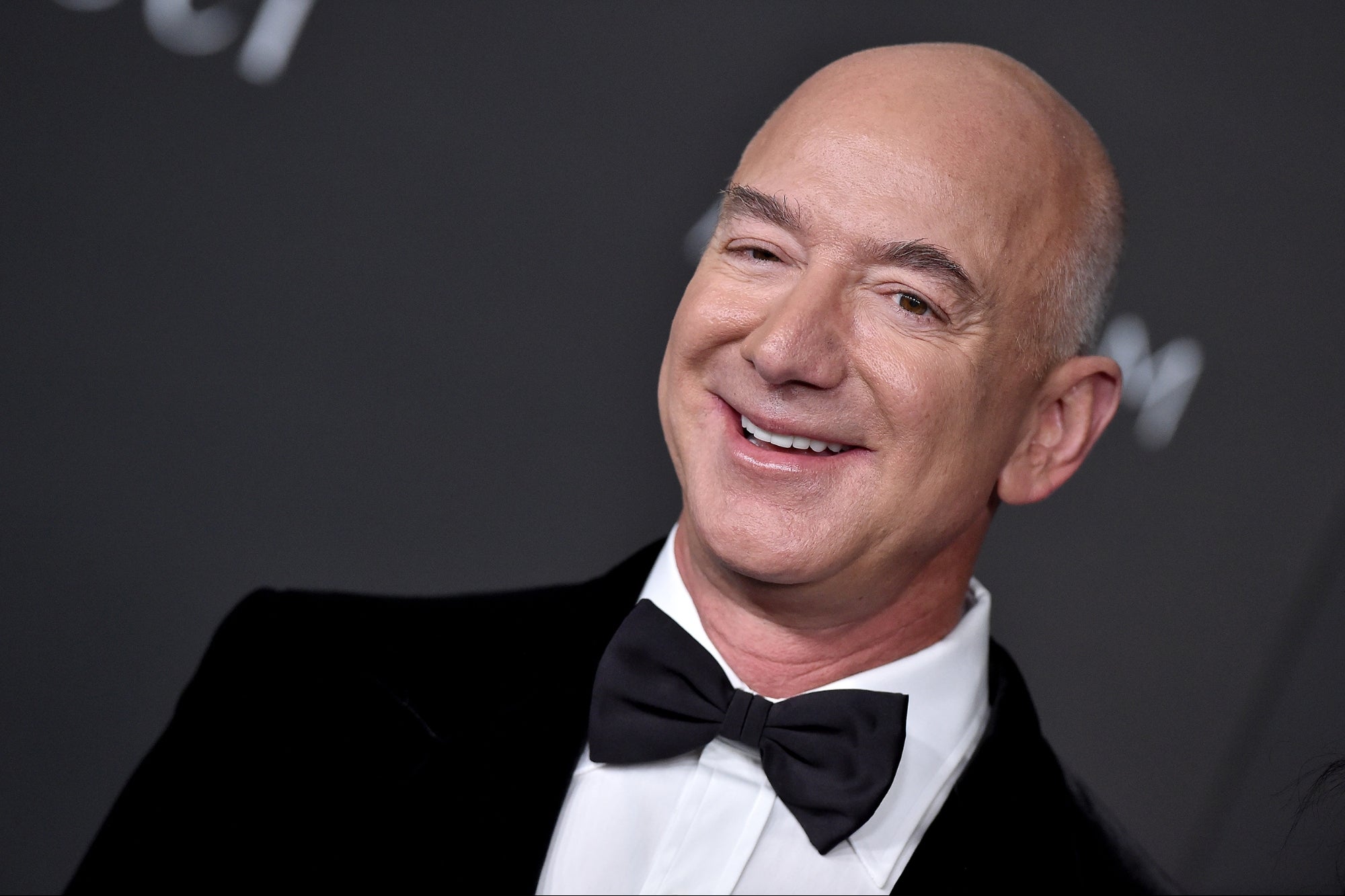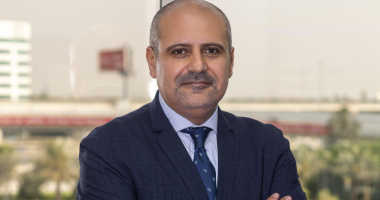
Opinions expressed by Entrepreneur contributors are their own.
Is it fair that Jeff Bezos is so rich?
Ask that question at a cocktail party and you may spark some lively discussions. Plenty of people think that nobody needs that much wealth, and they will profess that he would be better off using his money to feed the hungry or house the homeless.
Maybe they’re right, but let’s not skip over a crucial piece of the puzzle.
Why is Bezos so rich?
It’s not because his time is more valuable than the Amazon warehouse worker making $15 an hour. It’s not because he’s a criminal. No, Jeff Bezos is that rich because he eats complexity.
How do you eat complexity?
Related: How Amazon’s Domination Could Benefit Your Business
The world is a complex place. Someone has to eat that complexity. Who will it be: The company or the customers?
Are you eating your customer’s complexity?
The average consumer wants to eat as little complexity as possible. They will pay handsomely and reward with loyalty the company that does it for them. This is why Bezos-haters can rail against the abuses of Amazon in one breath and still order Amazon Prime delivery at a moment’s notice.
Compare Amazon to a startup dropship entrepreneur. Dropshipping is easy on the store owner. You build a store with Shopify, stock it with products on shelves in Chinese warehouses, drive traffic to the store, and when customers make purchases, you order the products shipped directly from the Chinese warehouses to the end-customer without ever having to touch a product.
Easy, right? It’s time to be rich. Or so they think.
There’s a problem: The warehouse eats up most of your margin through shipping and handling, and the customer must wait 2-3 weeks for the merchandise to arrive. Who would bother with that? Why not just order from Amazon?
Jeff Bezos made Amazon the dominant force that it is by taking on all the complexity. He’s relentlessly customer-focused, obsessed with making life easier for them. He set huge challenges for his team so that the customer faces as little friction as possible when shopping on Amazon.
Think of the titanic effort that took. The empire of warehouses, the fleet of delivery trucks, the rigorous packaging and safety standards, the lockers in public places, the small army of customer service specialists and the one-click interface for returns and refunds.
Reasonable people can disagree, but in this author’s opinion, this is how Bezos became the richest person in the world. Bezos took unfathomable chaos and digested it into order. He ate all the complexity he had to so you could get your desired products and have them delivered overnight.
Related: Five Ways Businesses Can Use Amazon’s Mission Statement as a Growth Strategy
Forget anything that isn’t customer-facing
Jeff Bezos wasn’t like Bill Gates, Steve Jobs or Elon Musk. He wasn’t a flamboyant ambassador for his brand.
When Amazon was just an ecommerce bookseller, even up to the point where it began to assert itself as a dominant force overall, few people knew who Jeff Bezos was. When they learned that he had unseated Bill Gates and Warren Buffett as the world’s richest man, more than a few people might have said, “Jeff who?”
Of course, a robust personal brand could be an integral part of a winning business strategy, but the fact that Bezos beat them all without it should tell you something.
Lots of entrepreneurs focus more on their image — their Instagram, their PR, their platform — and not nearly enough time on the product, eating so much complexity that the customer’s choice is practically made for them. A successful Instagram account can have a lot of followers, but if it doesn’t make your customer want to buy your product, why are you even bothering?
Forget image, forget positioning, forget marketing — what portion of your business faces the customer? How can you make each customer-facing portion of your business less complex for your customer? What can you reduce from 10 steps down to just one? What can you do for them so that they don’t have to do it themselves?
And ultimately: Does this make your job more complex? Good — you’re earning more money in return.
Related: The Daily Schedules of Jeff Bezos, Elon Musk, Oprah Winfrey and Other Famous Business Billionaires
Some people think that the richest people in the world are the best thieves, but true business people know better. Give or take a few wealthy heirs, the richest people in the world are the people who solved the biggest problems for the most people. Eating complexity is just another way to look at the act of solving problems for your customer.
This article is from Entrepreneur.com









